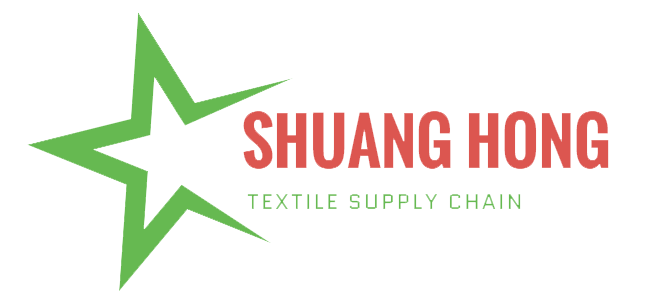Polyester DTY flaunts an extraordinary tensile potency that distinguishes it within the textile realm. This strength is not a mere numerical value but a crucial facilitator for numerous applications. In the apparel domain, it empowers the creation of garments capable of withstanding the daily rigors of wear and abrasion. Take, for instance, activewear crafted with Polyester DTY. Whether an athlete is engaged in high-intensity training, like a cyclist speeding down a track or a gymnast performing complex maneuvers, the fabric retains its structural integrity. The molecular architecture of DTY is engineered in such a fashion that it tenaciously resists deformation when force is applied.
In industrial arenas, such as in the fabrication of heavy-duty conveyor belts, the might of DTY truly shines. These belts must ceaselessly bear substantial loads without succumbing to snapping or losing their original form. Thanks to its high tensile strength, DTY provides the requisite durability. It can effortlessly endure the tension generated by the weight of the materials being transported, guaranteeing seamless and efficient operation within factories and warehouses.
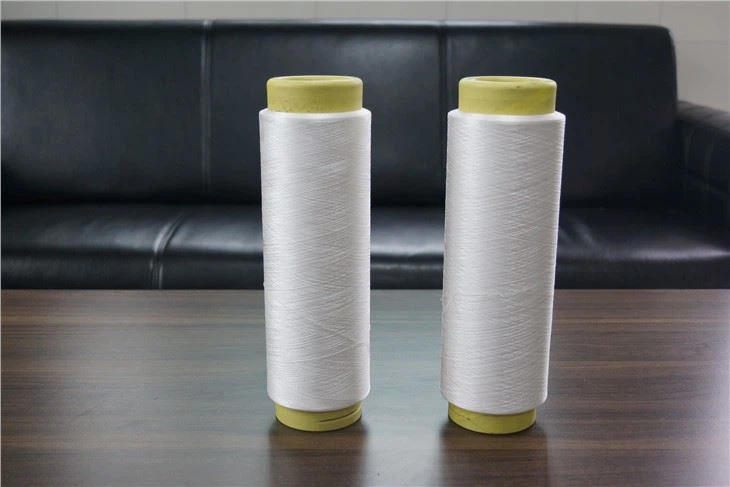
Polyester DTY
One of the remarkable traits of DTY is its capacity to consistently deliver reliable tensile performance. Unlike certain other materials that may exhibit erratic strength variations from one batch to another, Polyester DTY maintains a uniform level of strength. This reliability is of paramount importance for manufacturers. In the production of upholstery fabrics, for instance, they can place their trust in Polyester DTY to invariably perform as anticipated. When manufacturing sofas or armchairs that will endure frequent use and the weight of countless sitters, the fabric must preserve its tensile soundness. DTY ensures that there are no vulnerable areas or sudden failures, providing consumers with furniture that stands the test of time.
Moreover, in the textile printing and dyeing process, the consistent tensile attributes of DTY permit precise and accurate color application. The fabric doesn’t unpredictably stretch or distort during the infusion of dyes or the application of prints, resulting in top-notch finished products. This consistency also streamlines quality control for manufacturers, as they can establish standardized procedures and anticipate identical results whenever they incorporate DTY.
Polyester DTY exhibits outstanding resistance to deformation, even when subjected to prolonged or recurrent stress. In the context of outdoor equipment like tents, this property is truly invaluable. Tents fabricated with DTY can brave the forces of gusty winds and the burden of rainwater without sagging or losing their intended shape. The fibers of Polyester DTY possess the inherent ability to rebound to their original position after being stretched, meaning the tent remains taut and provides a reliable shelter in the wilderness.
In the automotive interior sector, seat covers made from DTY are favored for their capacity to resist the constant friction and pressure exerted by passengers entering and exiting the vehicle. Over time, other materials might display signs of wear and deformation, but DTY retains its form, keeping the car seats looking pristine and feeling comfortable. This resistance to deformation stems from the robust intermolecular forces within the DTY fibers.
DTY demonstrates remarkable versatility in adapting to a wide array of manufacturing processes. It can be effortlessly woven, knitted, or integrated into non-woven applications. In the weaving process, it combines harmoniously with other fibers to fashion complex fabric architectures. For instance, in the production of luxurious bed linens, DTY can be blended with natural fibers like silk to achieve an optimal balance between softness and strength. The weaving operation proceeds smoothly, as Polyester DTY responds adeptly to the tension and movements of the loom.
In knitting, it enables the creation of stretchy and form-fitting fabrics. Athletic wear frequently employs knitted Polyester DTY to offer a snug fit that moves in tandem with the body. The loops formed during knitting remain stable due to the tensile strength of Polyester DTY, ensuring the fabric doesn’t unravel or lose its elasticity. Additionally, in non-woven applications such as air filters, DTY can be processed to possess the appropriate porosity and strength to effectively trap particulate matter.

100% Polyester DTY
The elastic recovery capabilities of Polyester DTY are truly remarkable. When stretched, it promptly snaps back to its original length, which is indispensable for applications involving repeated stretching. In swimwear, for example, the fabric must stretch as the wearer moves and then revert to its original form. Polyester DTY facilitates this seamless transition, providing both comfort and a flattering fit.
In the medical textile domain, compression stockings made with Polyester DTY offer graduated compression. As the patient moves their limb, the stocking stretches and then recovers its shape, continuously applying the appropriate amount of pressure to enhance blood circulation. This elastic recovery property is a consequence of the unique molecular configuration of Polyester DTY, which enables the fibers to store and release energy during stretching and relaxation.
Polyester DTY is widely renowned for its durability, which is intimately linked to its tensile properties. In home textiles such as curtains, they can adorn windows for years without losing their shape or strength. The sunlight that filters through, which can be harsh on many materials, doesn’t cause significant degradation in the tensile strength of Polyester DTY, making it a popular choice for window dressings.
In the packaging industry, Polyester DTY is employed to reinforce bags and wraps. These packaging materials must endure the rigors of storage and transportation, safeguarding the contents within. The durability of Polyester DTY ensures that the bags don’t rip easily and can withstand the bumps and jolts along the journey. This long-term use potential translates to cost savings for consumers and businesses alike, as they don’t need to replace products as frequently.
In an age where environmental stewardship is of increasing importance, DTY has its own set of advantages. While it is a synthetic material, concerted efforts are underway to make its production more sustainable. Some manufacturers are now utilizing recycled polyester to produce DTY, thereby reducing the demand for virgin materials. This recycled DTY can possess similar tensile properties to its non-recycled equivalent, making it a viable option for environmentally aware consumers.
Furthermore, the durability of Polyester DTY implies that products made from it have a longer lifespan. This reduces the volume of textile waste generated, as consumers don’t need to discard items as often. In clothing, for example, a well-crafted garment with DTY can be worn for multiple seasons, rather than being cast aside after a few uses. This contributes to a more circular economy within the textile industry.
Polyester DTY offers outstanding value for money. Its relatively low production cost when compared to certain natural fibers, combined with its high-performance tensile properties, makes it an appealing option for manufacturers. In the mass production of apparel like t-shirts and jeans, incorporating DTY can keep costs in check without compromising quality.
For small-scale enterprises or start-ups in the textile industry, Polyester DTY affords them the opportunity to enter the market with affordable yet reliable products. They can experiment with diverse designs and applications, confident in the knowledge that the material will perform admirably. This cost-effectiveness also benefits the end consumer, who can acquire high-quality textile products at a reasonable price.
When pitted against natural fibers such as cotton, DTY holds a distinct advantage in terms of tensile strength. Cotton fibers are comparatively weaker and more prone to tearing under stress. In heavy-duty applications like industrial workwear, Polyester DTY would be the clear preference. While cotton offers breathability and a pleasant touch, it cannot match the robustness and durability of Polyester DTY.
Compared to other synthetic fibers, like nylon, Polyester DTY has superior resistance to deformation. Nylon may possess good initial strength but can stretch and lose its shape over time. Polyester DTY, on the other hand, preserves its form and tensile integrity, making it suitable for applications where precise dimensions and long-term stability are essential.
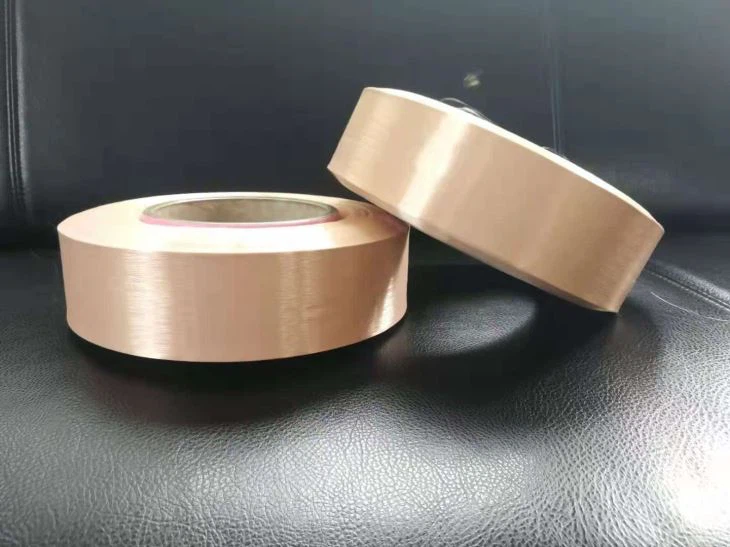
Polyester DTY
Polyester DTY’s tensile properties confer a multitude of benefits that span across diverse industries. Its unrivaled strength, consistent performance, resistance to deformation, compatibility with manufacturing processes, outstanding elastic recovery, durability, environmental considerations, cost-effectiveness, and advantages over other materials make it a prime choice for textile applications. As technology progresses, we can anticipate further enhancements in the properties of Polyester DTY, further cementing its position in the market. Manufacturers and consumers alike should fully exploit this remarkable material to fabricate and enjoy top-notch textile products. Whether for fashion, home decor, industrial use, or healthcare, Polyester DTY has the potential to meet and exceed expectations.
In the future, research and development initiatives could focus on further enhancing the environmental friendliness of Polyester
DTY, perhaps by exploring novel recycling methodologies or developing biodegradable variants. Additionally, augmenting its performance in extreme conditions, such as high temperatures or corrosive environments, could unlock new application areas. The textile industry is in a constant state of evolution, and Polyester DTY is well-positioned to evolve with it, bringing greater benefits to society and the economy. With its extensive range of applications and growing popularity, it’s evident that Polyester DTY is here to stay and will continue to make a significant impact in the textile world.
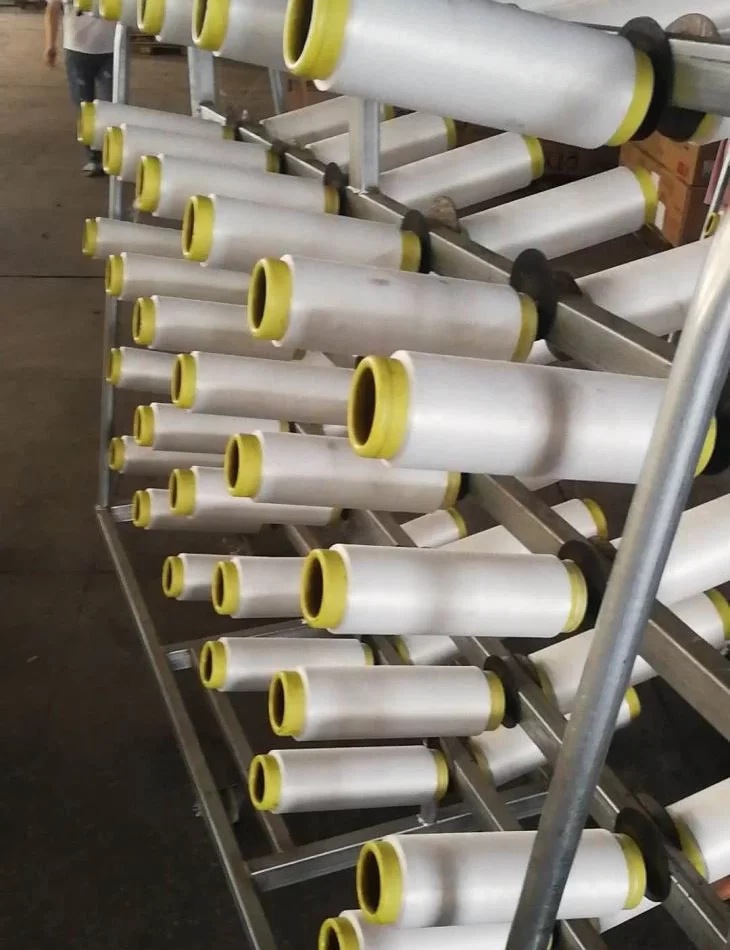
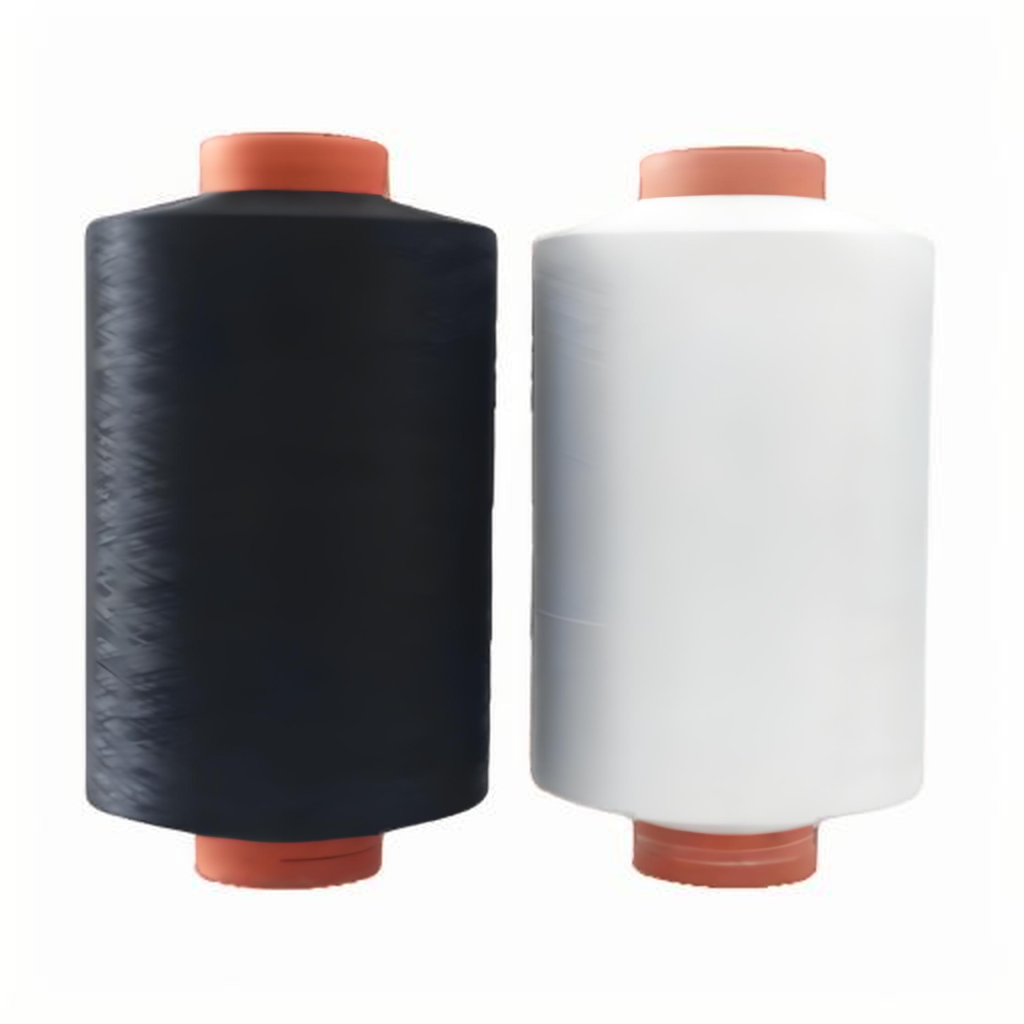 DTY 100D/144F Polyester Yarn
DTY 100D/144F Polyester Yarn DTY 100D/96F Polyester Yarn
DTY 100D/96F Polyester Yarn DTY 75D/144F SIM Polyester Yarn
DTY 75D/144F SIM Polyester Yarn